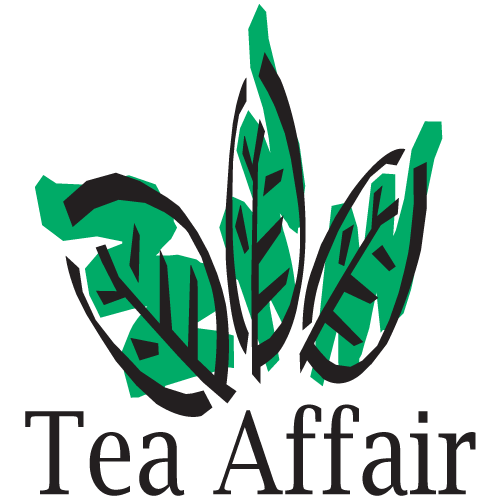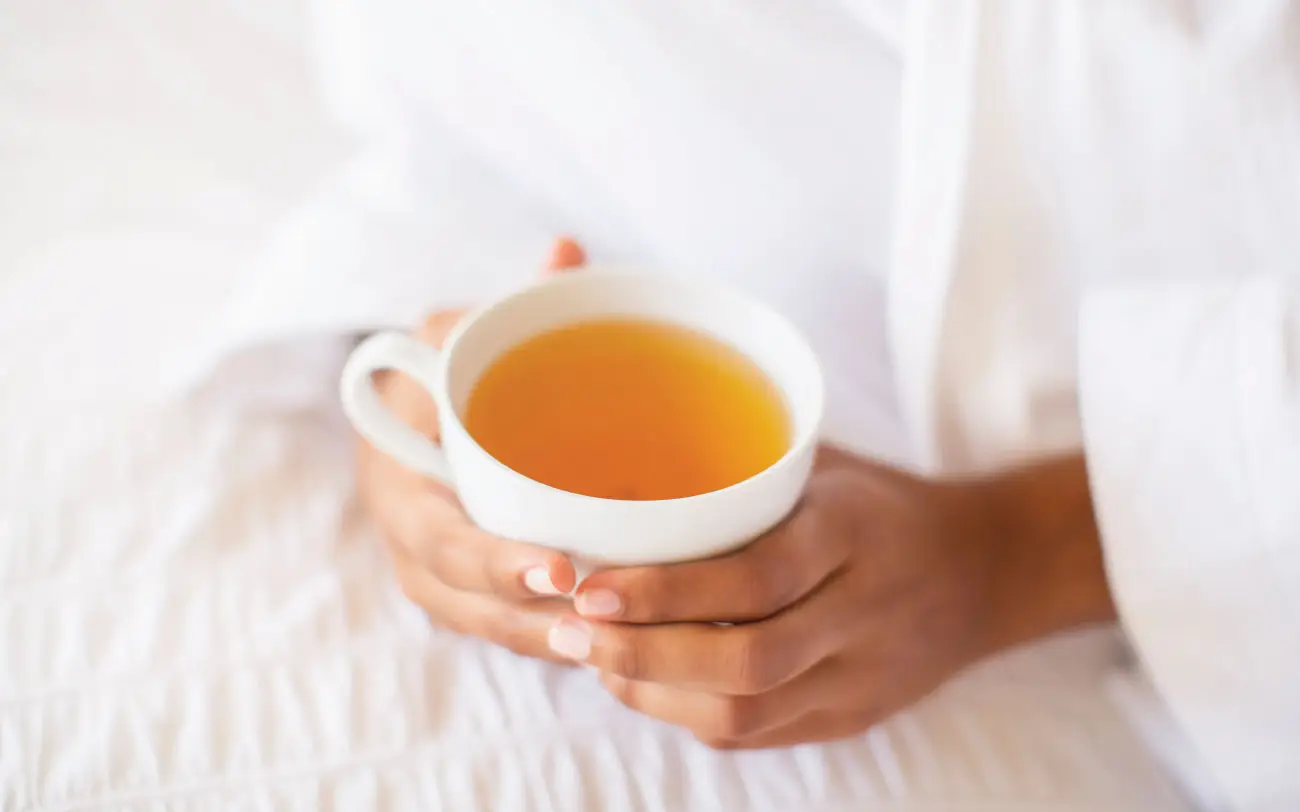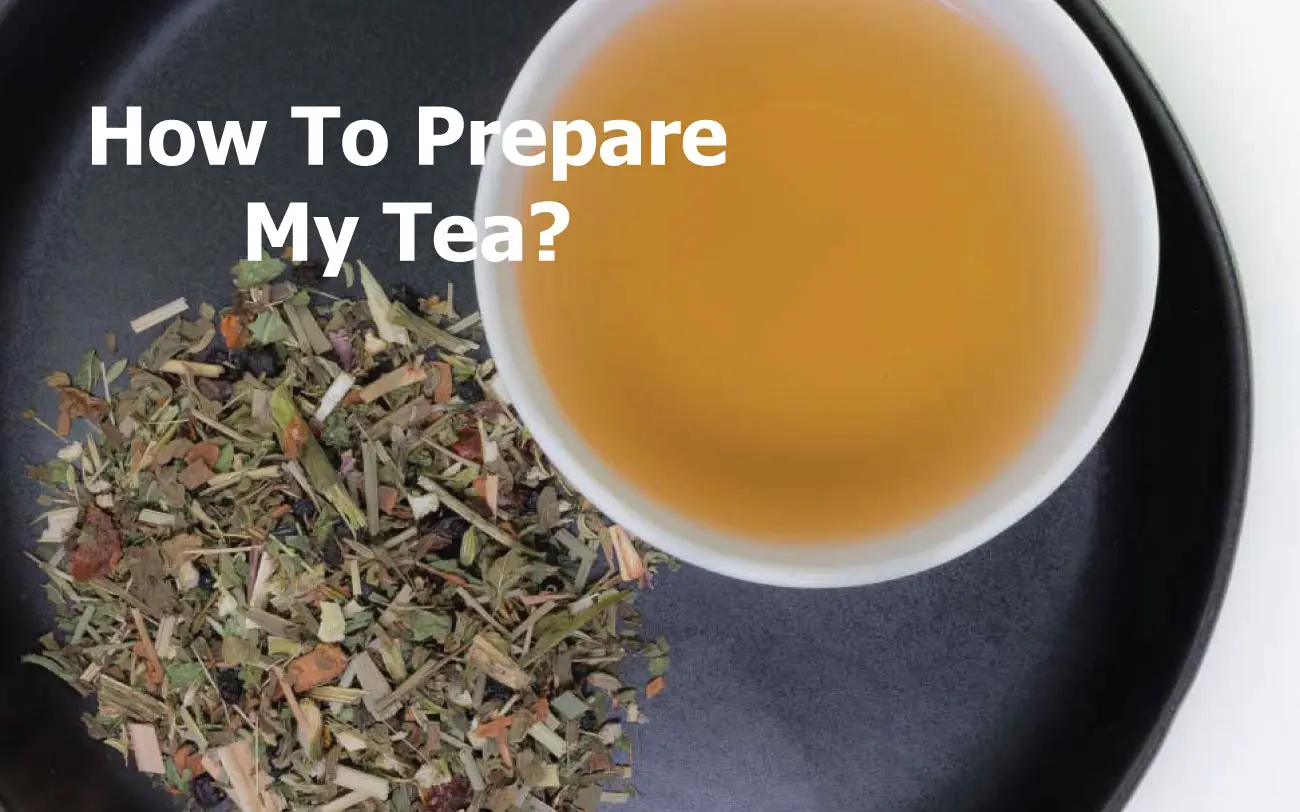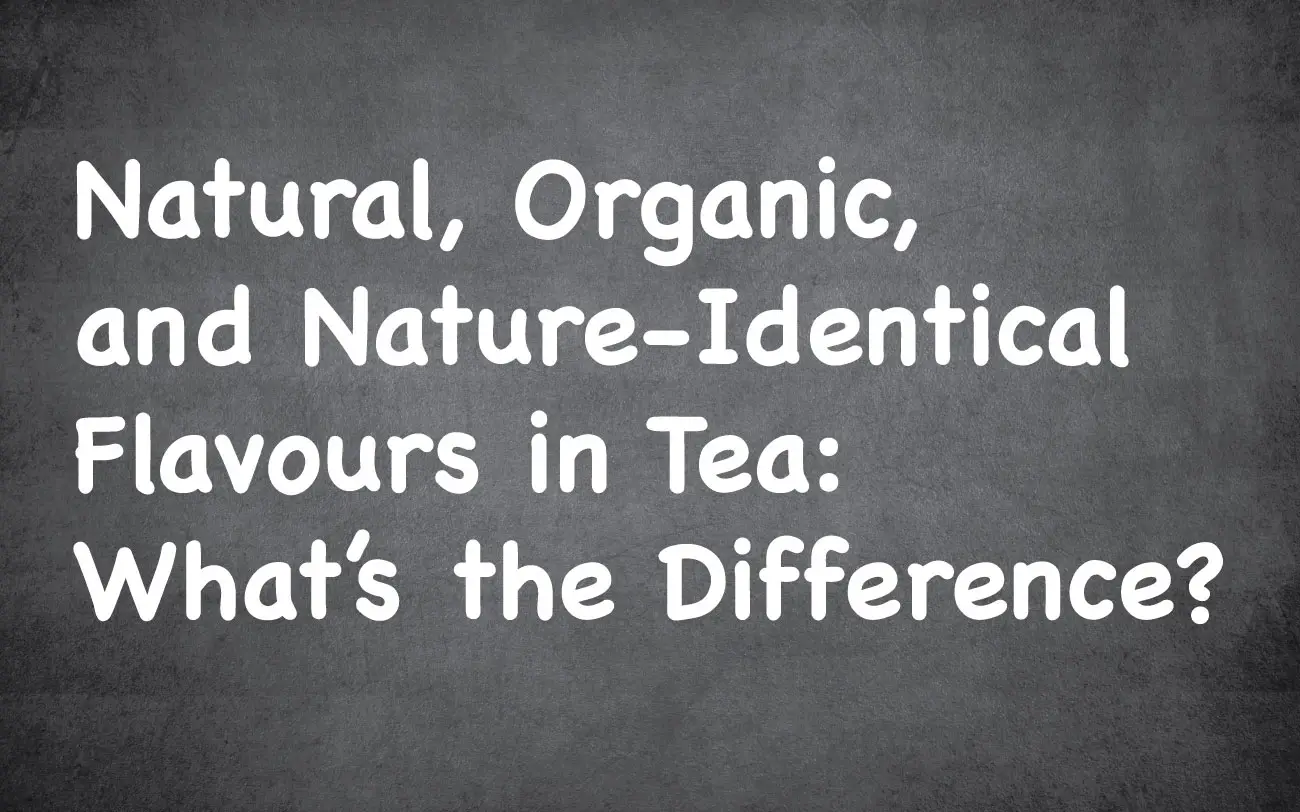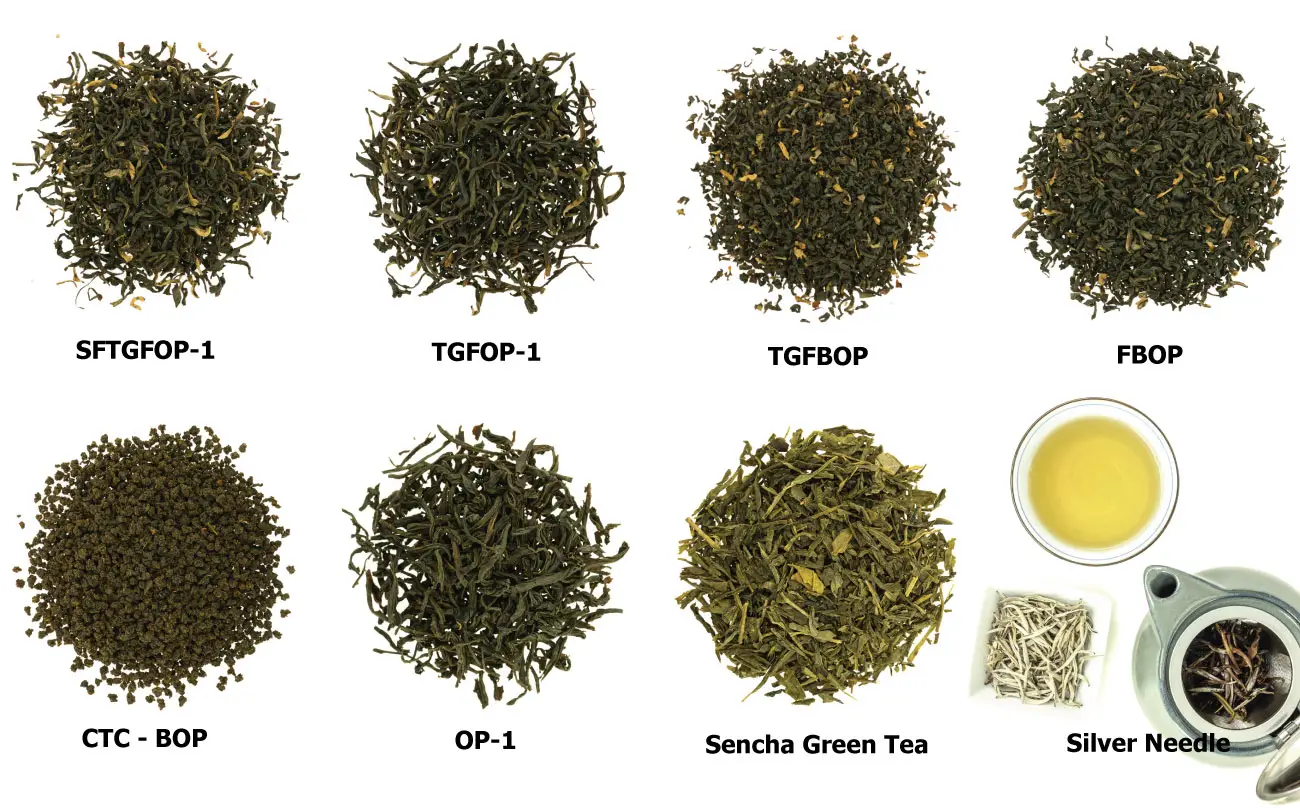The Riches of Tea: Why Taste Counts and Why should I Drink Tea?
More than just a drink, tea is an experience, a ritual, and for many people a daily need. Whether you’re sipping a soothing chamomile before bed or Earl Grey in the morning, the quality and depth of the taste are most important. But why does the flavour of a tea matter so much and what gives it richness? Let us explore the value of rich-flavor teas and how they improve our daily existence.
1. The Taste Science
Fundamentally, tea’s taste is a sophisticated interaction of molecules, flavours, and substances. These add to the scent and taste and include amino acids, polyphenols, and essential oils. The quality of the leaves, the processing procedure, and even the brewing method determine the taste’s richness of a tea.
Superior teas, especially those from famous areas like Darjeeling, Assam (e.g., upper Assam), or the high mountains of Taiwan, often have a more complex and layered taste character. One taste of a well-made oolong tea can provide a range of flavours, from floral and fruity to toasted and creamy. Tea drinking is a sensory joy and a real experience only because of this complexity.
2. Rich-Flavoured Tea: The Experience
Imagine beginning your day with a cup of tea whose taste depth you can enjoy with every sip. Rich-flavor teas provide a sensory experience combining relaxation and energy. While flavour lingers and changes on your tongue, the scent by itself can be sufficient to wake your senses. A basic tea break can become a moment of mindfulness and enjoyment depending on this richness of taste.
Drinking a tea with great flavour is a sensory trip rather than only a means of hydration. The different notes and complexity call for you to pay attention, to taste, and to really value the subtleties in every cup. This increases the gratification and satisfaction derived from drinking tea.
3. The Effect on Wellness and Health
Rich-flavor teas aren’t just about enjoyment; they can also offer major health advantages. Strong flavours in teas usually result from premium leaves rich in antioxidants such catechins and polyphenols. Among the several health advantages these substances have been connected to are better digestion, heart health, and cognitive ability.
Furthermore, a relaxing routine might be the preparation of premium, rich-flavored teas. Investing time to make a pot of loose-leaf tea, smell its aroma, and enjoy its taste will help you to relax and find some peace in your daily life. This conscious exercise helps one to relax generally and to be in good health.
4. The Part Played by Tea Culture and Custom
For millennia, tea has been a staple of many different civilizations across. In nations such China, Japan, and India, tea is a pillar of social customs and ceremonies rather than only a beverage. These cultural customs where the quality of tea is a source of pride, and a sign of hospitality reflect the depth of taste of tea.
For instance, the very ceremonial Japanese tea ceremony, or Chanoyu, stresses the awareness and aesthetics of tea preparation. This experience revolves mostly on the taste of the tea since it captures the care and accuracy needed in its production. In China, too, the Gongfu tea ceremony celebrates the rich and sophisticated flavours of good teas by stressing their deft brewing and enjoyment.
5. Tea Quality: Economic Aspects
Furthermore, reflecting their economic worth is the quality of tea. Because of the labor-intensive methods required in their production and processing, premium, rich-flavoured teas are sometimes more costly. The price of the finished product is determined in part by hand-harvesting, precise processing, and professional blending.
One may consider buying good quality tea as investing in a better experience. Although a rich-flavored tea may cost more initially, the depth and gratification you get from it will make the price justified. Buying premium teas also promotes ethical and environmentally friendly farming methods, thereby helping to guarantee the welfare of the workers who grow the tea as well as the surroundings.
6. Rich-Flavour Teas: Choosing Strategies
Choosing a rich-flavor tea requires knowing the traits to seek for. These are a few pointers:
Source: Search for teas from famous areas noted for their quality, including Assam, Darjeeling, Taiwan’s highlands, or best herbal tea. Every area adds to the tea’s richness with their own flavour profile.
Taste experiences differ depending on the variety of tea—black, green, oolong, white. Try several varieties to see which ones your taste calls for.
Related posts
How To Prepare My tea?
How To Prepare Different Types of Teas It’s fun to make a cup of tea, but it takes a little mo
Natural, Organic, and Nature-Identical Flavours in Tea: What’s the Difference?
At Tea Affair, we’re passionate about providing high-quality loose leaf teas and herbal teas that
Tea Grades And Glossary
Tea Grades: What Do SFTGFOP-1, FTGFOP, TGBOP, TGFOF & PD Mean? For many tea lovers, the abbrevia
